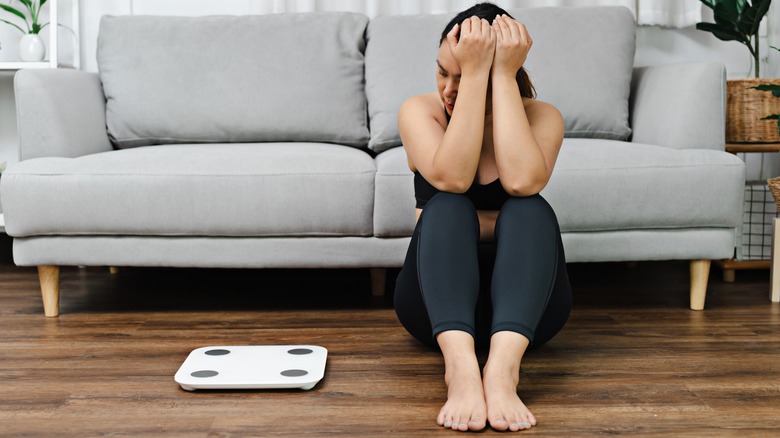YouTube Tightens Its Rules Regarding Eating Disorder Videos
Mukbangers beware: YouTube has announced updates to its policies and guidelines to protect users from triggering content related to eating disorders while continuing to surface support and resources for those struggling with these issues. In collaboration with experts from organizations such as the National Eating Disorder Association (NEDA) and Asociación de Lucha contra la Bulimia y la Anorexia (ALUBA), the platform is expanding its Community Guidelines, age-restricting certain videos, and adding crisis resource panels to provide users with accurate information and support.
The new policies will prohibit content featuring imitable behavior or behaviors that could lead at-risk viewers to emulate, such as disordered eating behaviors and weight-based bullying in the context of eating disorders. YouTube hasn't fully defined which eating behaviors it'll protect users from, but conditions can range from anorexia and bulimia to binge eating, according to the National Institute of Mental Health.
In determining what constitutes imitable behavior, YouTube has consulted with experts and will rely on context to determine how to handle specific videos. It'll consider whether those videos focus on eating disorder recovery or include sufficient educational, documentary, scientific, or artistic context.
The changes go into effect today
With regard to age restrictions, YouTube says some videos will not be accessible to users under 18, signed-out viewers, or when embedded on other websites. This measure aims to strike a balance in protecting younger viewers who may be more susceptible to imitating the behaviors depicted in such videos. Creators may find their videos restricted even if their purpose is to share experiences related to their recovery.
Additionally, YouTube is expanding crisis resource panels to appear on Watch pages in countries like the U.S., U.K., India, Canada, Japan, Korea, Mexico, France, and Germany. These panels should appear similar to those you see under relevant videos during election season and the COVID-19 pandemic, which YouTube used to combat misinformation. Most recently, they've offered guidance to resources for Ukrainians impacted by the war. In this context, they'll offer resources and information from global mental health support organizations such as NEDA in the U.S. and the Vandrevala Foundation in India.
The rollout of these panels will occur gradually, and YouTube plans to extend their availability to more countries and languages in the future. YouTube's recently partnered with NEDA to produce a year-long video series focusing on eating disorder information and is encouraging mental health professionals to apply for health product feature eligibility on their channels. You'll start to see remnants of these changes today, so don't be alarmed if your channel or some of the content you frequent is a little tougher to access.

